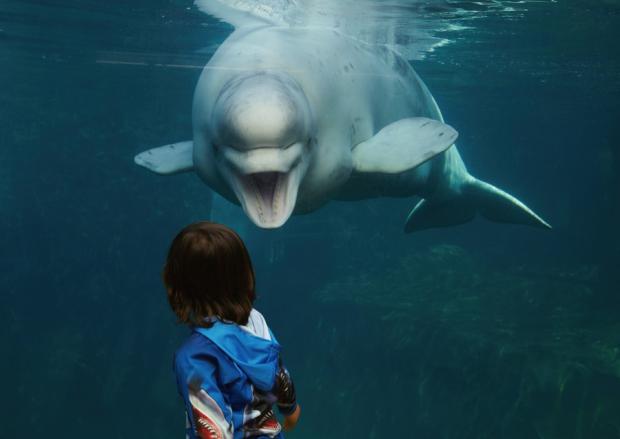
Breaking News
 The Prostate Cancer Test Dilemma
The Prostate Cancer Test Dilemma
 The Separation of Righteousness and Politics
The Separation of Righteousness and Politics
 Russian strike knocks out power in Kyiv FRANCE 24 English
Russian strike knocks out power in Kyiv FRANCE 24 English
Top Tech News
 How underwater 3D printing could soon transform maritime construction
How underwater 3D printing could soon transform maritime construction
 Smart soldering iron packs a camera to show you what you're doing
Smart soldering iron packs a camera to show you what you're doing
 Look, no hands: Flying umbrella follows user through the rain
Look, no hands: Flying umbrella follows user through the rain
 Critical Linux Warning: 800,000 Devices Are EXPOSED
Critical Linux Warning: 800,000 Devices Are EXPOSED
 'Brave New World': IVF Company's Eugenics Tool Lets Couples Pick 'Best' Baby, Di
'Brave New World': IVF Company's Eugenics Tool Lets Couples Pick 'Best' Baby, Di
 The smartphone just fired a warning shot at the camera industry.
The smartphone just fired a warning shot at the camera industry.
 A revolutionary breakthrough in dental science is changing how we fight tooth decay
A revolutionary breakthrough in dental science is changing how we fight tooth decay
 Docan Energy "Panda": 32kWh for $2,530!
Docan Energy "Panda": 32kWh for $2,530!
 Rugged phone with multi-day battery life doubles as a 1080p projector
Rugged phone with multi-day battery life doubles as a 1080p projector
 4 Sisters Invent Electric Tractor with Mom and Dad and it's Selling in 5 Countries
4 Sisters Invent Electric Tractor with Mom and Dad and it's Selling in 5 Countries
Humans could soon TALK to whales:

A team of international scientists recently launched an ambitious project to listen to, contextualize and translate the communication of Sperm whales, with a goal of 'talking' to the majestic marine animals.
The initiative, called Project CETI (Cetacean Translation Initiative), is harnessing the power of artificial intelligence to interpret clicking sounds, or 'codas,' Sperm whales make to communicate with one another.
Researchers are using natural language processing or NLP – a subfield of artificial intelligence focused on processing written and spoken human language - which will be trained four billion Sperm whale codas.
The plan is to have the AI correlate each sound with a specific context - a feat that will take at least five years, according to the researchers.
If the team achieves these goals, the next step would be to develop and deploy an interactive chatbot that engages in dialogue with Sperm whales living in the wild.
Michael Bronstein, the lead of machine learning for Project CETI, told Hakai: 'If we discover that there is an entire civilization basically under our nose — maybe it will result in some shift in the way that we treat our environment.
'And maybe it will result in more respect for the living world.'

 Pathway to the stars
Pathway to the stars

